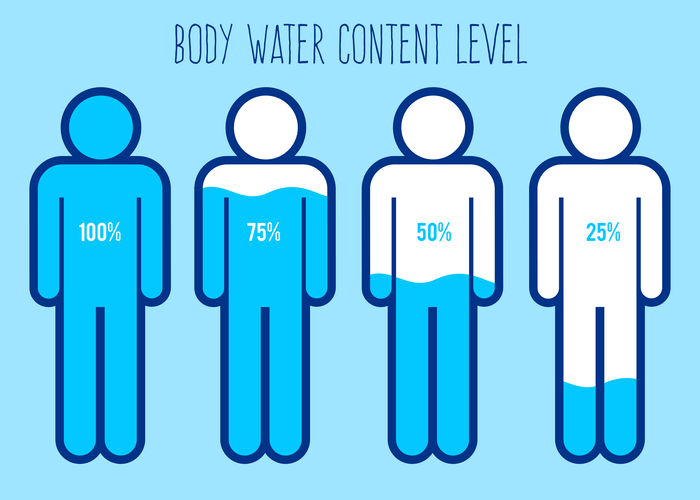Express specific observations about behaviors that concern you, providing concrete examples like missed family events or changes in mood after drinking episodes. Children in these situations may feel embarrassed about their home life, making them reluctant to bring friends home or talk about their family. The daily emotional strain can interfere with focus and achievement at school. Poor concentration and frequent absences from school are all issues linked to the stress of home life. The instability at home often leads to difficulties in completing assignments and maintaining regular attendance. Growing up in an unstable emotional environment often means coping with conflict and having to adopt adult responsibilities early.
How do I cope with the stress of living with an alcoholic?

This approach respects their autonomy while maintaining your supportive role. Choose a calm moment when your spouse is sober to discuss your concerns about their drinking patterns. Sleep in a separate room following episodes of intoxicated behavior.
Integrated Treatment for Alcoholism & Co‑Occurring Disorders
As a result, children can suffer delayed emotional growth and struggle with expressing or understanding their emotions well into adulthood. Extra costs can arise from legal issues, medical bills, or attending rehab programs. Managing bills and budgeting what is Oxford House becomes harder when financial priorities shift. If you share finances, disagreements about money are common, and you may feel pressured to cover gaps or hide spending. Trust is difficult to maintain when alcohol use becomes a recurring problem in your marriage. Promises to limit drinking may be broken, and secrecy about drinking habits can increase.
Common Things The Spouse of an Alcoholic May Experience
- You should be ready to reply to questions that may allay the fears of your partner concerning the recovery process.
- Knowing the dos and don’ts can make all the difference between burnout and balanced care for your alcoholic spouse and yourself.
- Only three participants reported that they often have financial problems related to drinking.
Children of alcoholics have a higher rate of anxiety, depression and low self esteem in comparison to children of living with an alcoholic non-alcoholics. This can result in complications during childhood and early adulthood. Alcohol addiction breaks the person as much as it does those around them. Living with an alcoholic causes mistrust, intimacy issues, mental and physical problems and relationship breakdown.
- Download this comprehensive ebook on rehab treatment and recovery and help your family get your lives back from addiction and poor mental health.
- While every situation is different, the following are signs that distancing yourself from the alcoholic might be the right decision.
- During the discussion, provide specific examples of how their drinking has impacted you and other family members, and offer options for seeking additional help.
- It’s natural to want someone you care about to stop drinking so heavily.
- Dealing with an alcoholic spouse often results in social isolation as you withdraw from friends and family to hide the reality of your situation.
When it comes to how to live with an alcoholic husband, try not to make any major decisions without getting input from your spouse or partner first. They can give you tips and suggestions on dealing with an alcoholic husband and the challenges that can arise during the recovery process. If your husband is an alcoholic, the more you know about the disease, the better prepared you will be to deal with it. It also gives you a sense of control and confidence when you are working with your husband or partner on recovery. Imagine you’re married to an alcoholic husband who drinks daily and beyond the limit, only to create a nuisance later.
- This will help make a stronger case that a spouse’s behaviors and actions are not healthy.
- You may avoid inviting friends or family over out of embarrassment or fear of unpredictable behavior.
- Family therapy and protective services are key tools in rebuilding safety and stability.
- If your spouse becomes violent when they drink, it is important to prioritize your safety and the safety of any children involved.
- Table 4 gives item-wise ratings on each item of scale to assess the coping strategies’ used by wives of alcoholics.
Offer Emotional Support
Funds may be drained to purchase alcohol, or the spouse struggling with addiction may have difficulty maintaining employment. In severe cases, legal issues (like DUIs) and medical expenses arise, adding to the household’s financial burden. This level of financial instability can create pervasive stress and conflict within the marriage.

Sleep problems, https://thedemocratnews.com/2021/09/09/alcohol-withdrawal-syndrome-outpatient-management-4/ chronic fatigue, and weight change, either gain or loss, often occur. Repeated hangovers, slurred speech, or lack of coordination are common indicators. Slowly, you may notice serious health issues like liver problems, stomach pain, or frequent nausea. It’s also common to see defensiveness about drinking habits or blaming others for problems that come from alcohol use. These changes are not always immediate, but they become more pronounced over time.